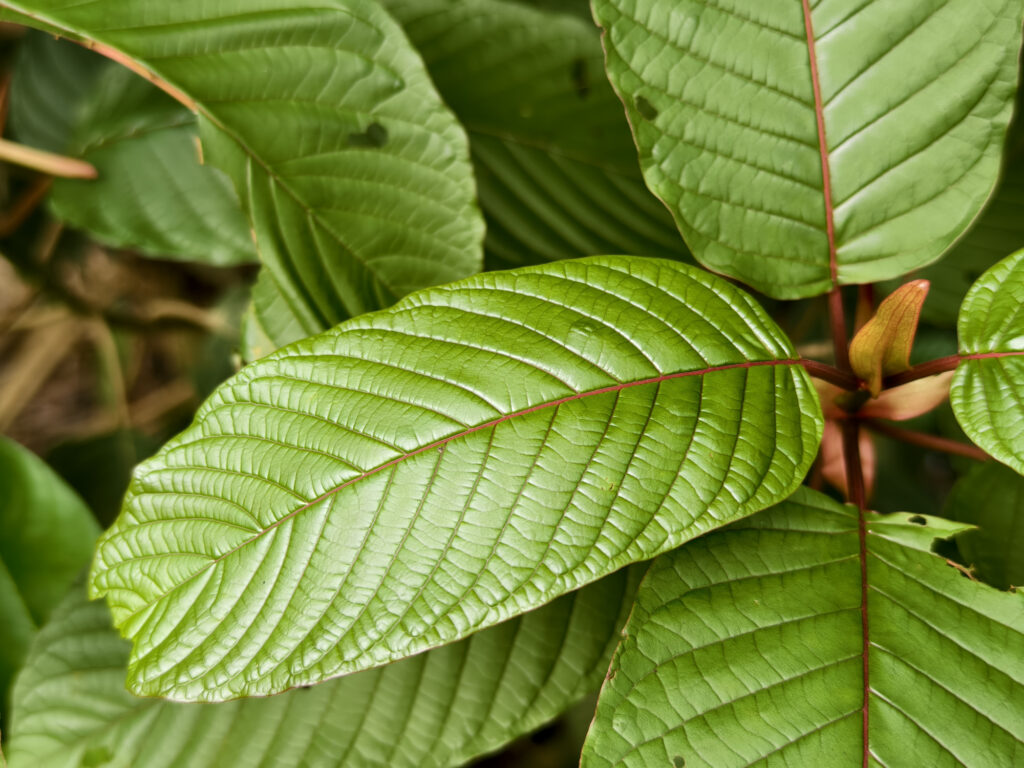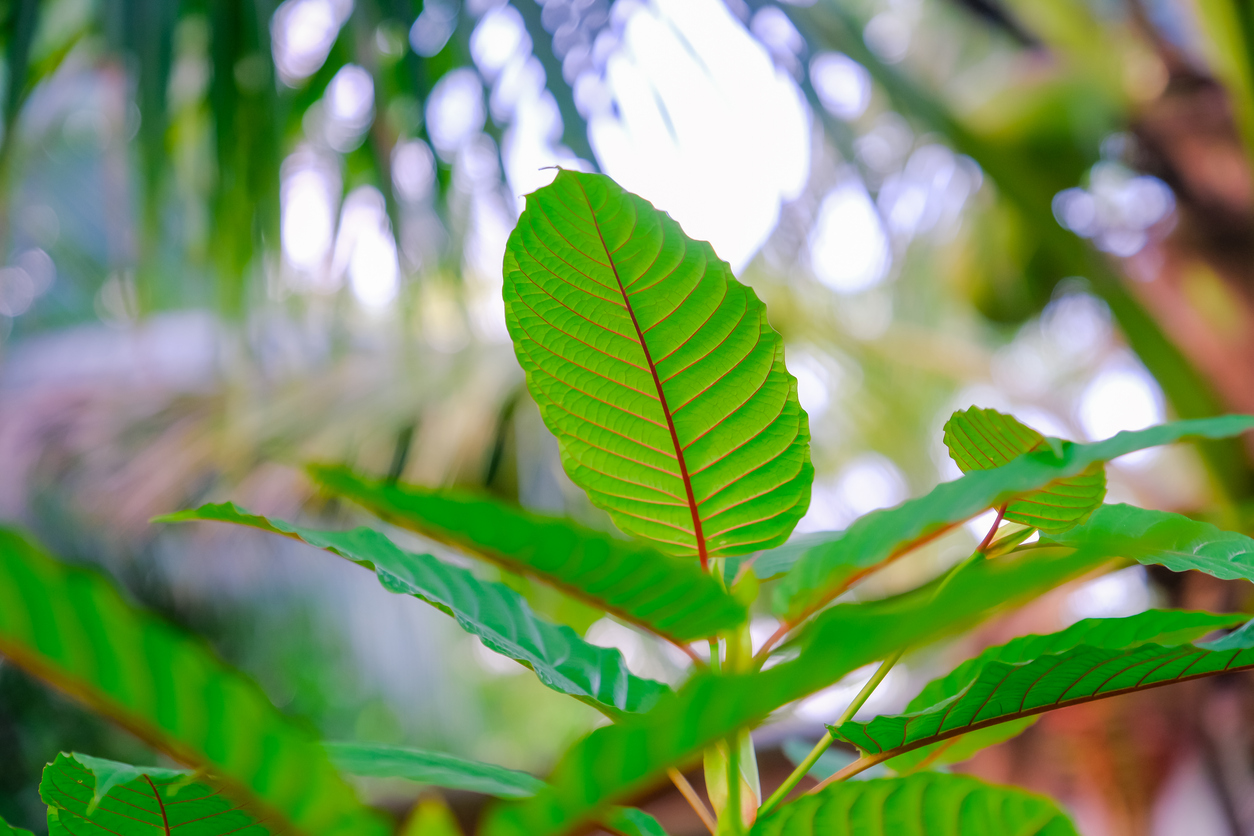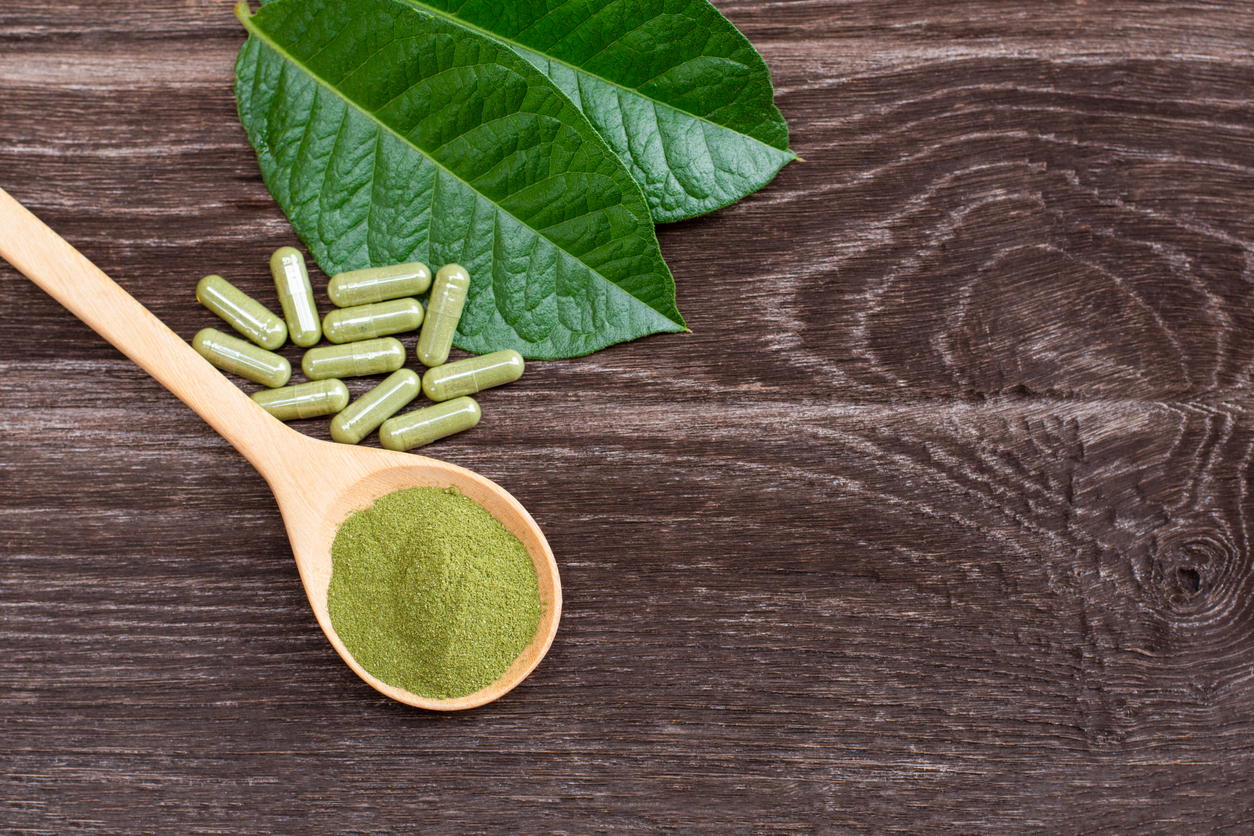
In 2025, kratom, derived from the Mitragyna speciosa plant, continues to spark nationwide debate due to its potential for pain relief and opioid withdrawal support, alongside concerns about safety and dependency. As its use grows, states across the U.S. are crafting diverse approaches to kratom regulation, ranging from consumer protection laws to outright bans. These efforts reflect a delicate balance between public health, consumer access, and market oversight. This article explores the latest kratom regulation developments in Hawaii, Louisiana, Mississippi, Montana, New Jersey, North Dakota, Oklahoma, South Carolina, and Texas, to provide a comprehensive overview of how these states are shaping kratom’s future.
Hawaii: Advancing Kratom Legislation with Robust Consumer Protections
Hawaii’s H.B. 717 and S.B. 463, which both failed to advance in the 2025 legislative session, would have established the Hawaii Kratom Consumer Protection Act. These bills would regulate kratom products—defined as foods, supplements, or beverages containing Mitragyna speciosa—by requiring registration with the Department of Health, third-party lab testing, and compliance with federal good manufacturing practices. Products must not exceed 2% 7-hydroxymitragynine, contain harmful substances like synthetic cannabinoids, or be designed to attract children (e.g., cartoon-shaped products). Labels must include warnings against use by individuals under 18, pregnant, or breastfeeding people, and clarify that kratom lacks FDA evaluation for medical purposes. Enforcement measures include product seizures, misdemeanor penalties for selling to minors, and civil fines for non-compliance.
Louisiana: Implementing Strict Kratom Regulation with a Statewide Ban
Louisiana’s SB 154, effective August 1, 2025, enacts one of the most restrictive kratom regulation policies in the U.S. by classifying kratom’s active components as Schedule I substances under the Uniform Controlled Dangerous Substances Law. Passed with a 26-11 Senate vote, the bill prohibits the possession, production, distribution, cultivation, or sale of kratom and the Mitragyna speciosa tree, citing risks of addiction and abuse. Penalties are stringent: producing or distributing kratom faces fines up to $50,000 and one to five years in prison, while possession incurs fines up to $1,000 or six months in jail for repeat offenses. The Mitragyna speciosa tree is also listed among prohibited non-hallucinogenic plants. Louisiana’s aggressive kratom regulation aims to eradicate its market presence, prioritizing public safety over regulated access and setting a precedent for other states considering bans.
Mississippi: Crafting Balanced Kratom Regulation with Taxation
Mississippi’s 2025 legislative session produced House Bill 1077 and House Bill 1896, creating a comprehensive kratom regulation framework. H.B. 1077, the Kratom Consumer Protection Act, restricts sales to individuals 21 and older, imposing fines up to $1,000 and misdemeanor charges for repeat violations within five years. It defines kratom products as foods or supplements containing Mitragyna speciosa, focusing on protecting youth from potential risks. H.B. 1896 introduces an excise tax—$2.50 per ounce for kratom leaf and $5.00 per ounce for extracts—requiring retailers to obtain permits and remit taxes to the Department of Revenue. Violations, such as tax evasion, face fines, permit revocation, or felony charges.
Montana: Regulating Kratom Through Proposed Studies
Montana’s House Joint Resolution 60 (HJ 60), introduced in April 2025, aimed to advance kratom regulation through an interim study but failed in the Senate after passing the House. The resolution proposed a committee investigation into kratom’s forms, usage methods, health benefits, and risks, including short- and long-term effects. It sought to assess kratom’s prevalence in Montana, review federal and other states’ policies, and gather input from businesses, public health officials, and state agencies. Motivated by prior failed regulatory attempts in 2021 and 2023 due to limited data, HJ 60 aimed to deliver findings to the 70th Legislature by September 15, 2026.
New Jersey: Proposing Kratom Bill with Consumer Safety Focus
New Jersey’s Assembly Bill 1188, introduced in January 2024, proposes the New Jersey Kratom Consumer Protection Act to enhance kratom regulation. The bill mandates Department of Health-approved labeling standards, a study on kratom’s health risks and benefits due within a year of passage, and bans on adulterated products or those exceeding 2% 7-hydroxymitragynine. Sales to individuals under 21 are prohibited, with mandatory age verification via valid identification. Retailers face civil penalties up to $1,000 for violations, with third offenses triggering a three-year sales ban or disorderly persons charges. By emphasizing transparency, safety, and informed use, New Jersey’s approach to kratom regulation aims to protect consumers while fostering a regulated market, pending the bill’s passage and implementation.
North Dakota: Kratom Legislative Management Study Forthcoming
North Dakota’s House Bill 1566, signed into law on April 28, 2025, takes a cautious approach to kratom regulation by mandating a Legislative Management study during the 2025-26 interim. Led by Sen. Jeff Magrum, the study will explore kratom’s potential uses in pain management and opioid withdrawal, alongside risks like withdrawal symptoms and dependency. It will also examine regulatory frameworks for production, manufacturing, distribution, and retail sales. Prompted by debates over whether to ban or regulate kratom, the study’s findings and proposed legislation are due to the 70th Legislative Assembly in 2027.
Oklahoma: Strengthening Kratom Regulation with Comprehensive Oversight
Oklahoma’s SB 891, unanimously passed by the Senate and amended by the House in 2025, establishes the Kratom Consumer Protection Act under Title 63. Awaiting final Senate approval, the bill mandates lab testing for alkaloid content, heavy metals, pesticides, and contaminants, banning products with synthetic alkaloids or over 2% 7-hydroxymitragynine. Sales are restricted to individuals 21 and older, with violations like selling untested products or falsifying lab reports classified as misdemeanors or felonies. Civil penalties range from $500 to $2,000 per violation. House amendments streamlined packaging requirements, easing compliance.
South Carolina: Enacting Kratom Regulation for Consumer Protection
South Carolina’s Senate Bill 221, signed into law on May 12, 2025, and effective July 2025, enacts the South Carolina Kratom Consumer Protection Act. This legislation regulates kratom products—foods, supplements, or beverages containing Mitragyna speciosa—with stringent safety and labeling standards. Sales to individuals under 21 are prohibited, and products must not contain synthetic alkaloids, harmful substances, or exceed residual solvent limits. Labels must detail alkaloid content, serving sizes, and include FDA disclaimers and age warnings. Violations incur civil penalties up to $2,000, enforced by the Department of Public Health.
Texas: Enhancing Kratom Regulation with Bans and Testing
Texas’s SB 1868, passed by the Senate in April 2025 and effective September 1, 2025, amends the Texas Controlled Substances Act to strengthen kratom regulation. The bill bans synthetic kratom alkaloids, classifying them under Penalty Group 1, and limits 7-hydroxymitragynine to 0.1% of the alkaloid fraction—among the strictest standards nationwide. Products require accredited lab testing for contaminants and alkaloid content, with violations like selling to individuals under 21 or falsifying reports classified as misdemeanors or felonies. Civil penalties range from $2,500 to $10,000 per violation. Targeting retail settings like gas stations, Texas’s kratom regulation seeks to eliminate unsafe products while ensuring compliance through rigorous oversight.
From The Experts
Expert insights from the authors at Duane Morris Government Strategies.
Ryan Stevens
As its use grows, states across the U.S. are crafting diverse approaches to kratom regulation, ranging from consumer protection laws to outright bans.
Latest News
Photo credit: iStock.com/Panwasin getti As DMGS previously discussed, kratom (mitragyna speciosa) is a leaf from a tropical tree in Southeast Asia that can cause stimulant and sedative effects. Advocates argue that kratom is helpful [...]
Photo credit: iStock.com/Nikcoa According to the Drug Enforcement Administration (DEA), kratom (mitragyna speciosa) is a leaf from a tropical tree in Southeast Asia that can cause stimulant and sedative effects. In late June 2022, in [...]




Stay In Touch